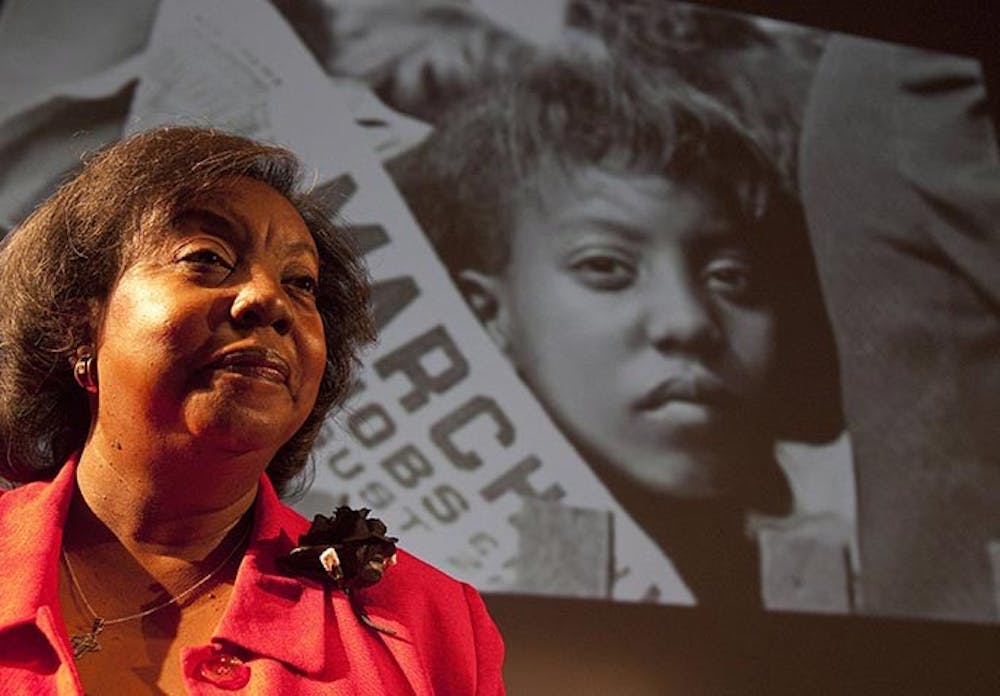Brandon Pope is a junior journalism and telecommunications major who wrote a guest column for the Daily News. His views do not necessarily reflect those of the newspaper or The Daily. You can contact Brandon at mbpope@bsu.edu.
February is a time when we start to see a few extra black faces on television and in the news. It’s a time where tired facts about the same old civil rights leaders are shoved down our throats. It’s a time that is often forgotten about or shrugged at by anyone that’s not black (except advertisers. Keep an eye out for those car commercials).
More importantly, it’s a time for Americans to remember the struggles and achievements of African-Americans. Black History Month is a time that we as a nation desperately need.
Some would argue that in an era where the United States has its first African-American president in office, Black History Month unnecessarily lingers on the past and ignores the progress we’ve made as a nation.
But America needs Black History Month now more than ever. Without February’s inundation of historical facts and figures, the stories of thousands of people who founded this country would never be discussed or taught in schools. As long as black history is out of the textbooks, it should remain a holiday we celebrate and cherish.
At every level of public education children are taught romanticized stories of presidents, generals, leaders of grass roots movements, founders of colonies and the like. Those who fought for liberty and justice and the promise of a strong union.
Basically, a lot of star spangled fluff.
Many of these celebrated historical figures were segregationists who put their pen to paper to support legislation like the Three-Fifths Compromise, which allowed slave owners to count three-fifths of their slave population for the purpose of taxes and representation.
As a matter of fact, 25 of the 55 delegates at the Philadelphia Convention of 1787 owned slaves. That’s nearly half of the drafters of the United States Constitution.
Tweleve presidents owned slaves, eight of which owned them while in office, including George Washington.
But while American schools teach about and celebrate oppressors and slavers, black history is relegated to a separate class; a class that one would be lucky to find in a college or university.
The whole reason we have Black History Month is because black history education is virtually non-existent.
This shouldn’t be the case, considering the nation’s Capitol was built by slaves. They were commissioned to Washington to construct perhaps America’s most important building. Of course, they weren’t paid a single dollar. Not even three-fifths of one.
And the boat doesn’t stop there.
African-Americans have made many impactful contributions to the United States of America. It’s more than just Martin Luther King Jr., Malcolm X and Rosa Parks. Numerous innovators in the fields of medicine, science, education and architecture were black. Yet most of these heroes aren’t even included in the lesson plan for U.S. history classes.
Black history shouldn’t be pushed aside. The reality is that black history is American history. It’s our history.
Every American is a beneficiary of the contributions African-Americans made to the country. One month is all we have to educate each other about that. Until we implement more black history into the mainstream history curriculum, we must hold on tightly to it.
If only we had more time.





